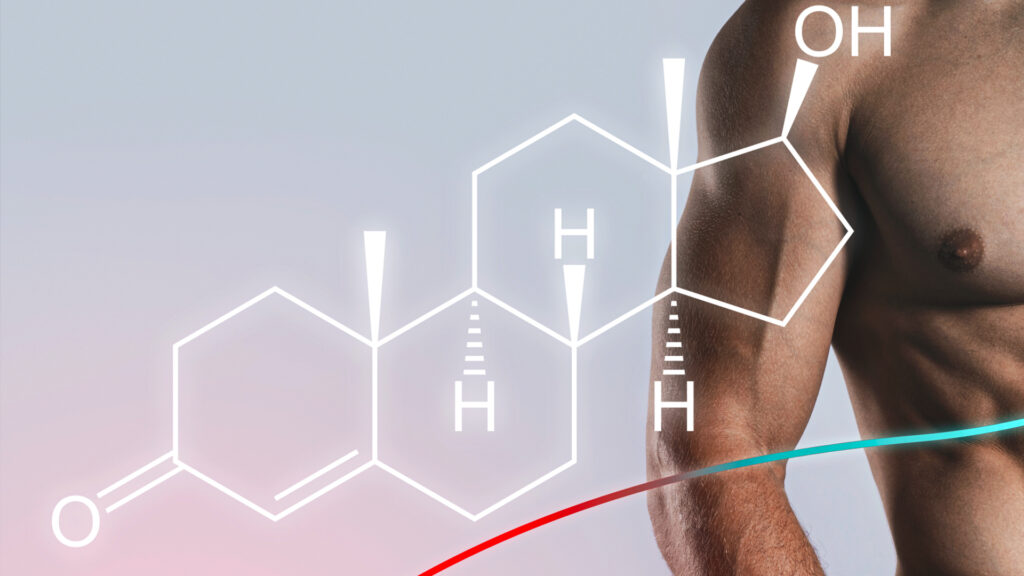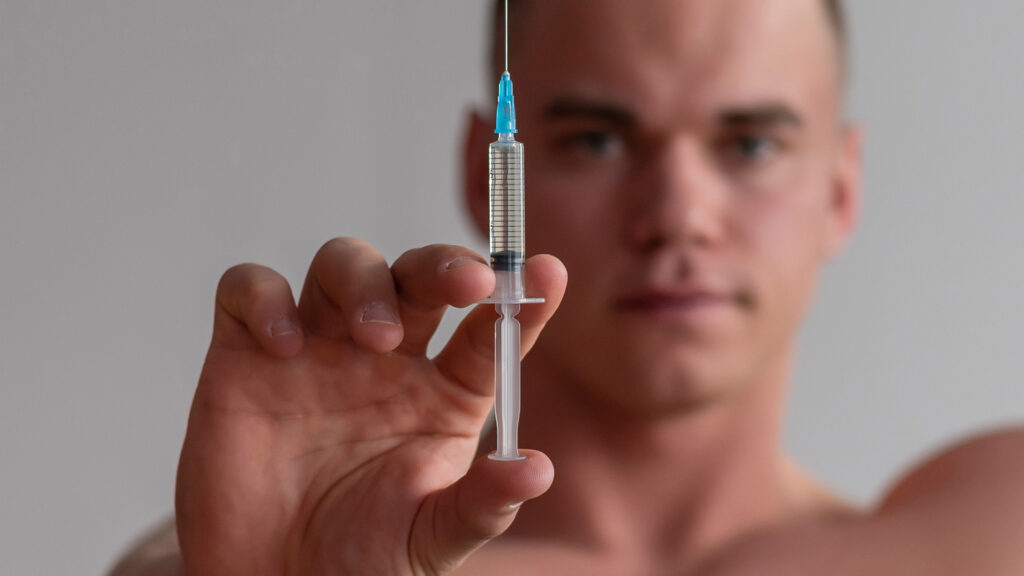
Testosterone is an essential hormone that occurs in many functions in the body and encompasses muscle mass, emotional balance, energy, and sex for individuals. Although it is most commonly linked with men, testosterone is important for both. If testosterone levels are low, it can dramatically disturb quality of life, causing a range of physical and psychological symptoms. A specifically formulated treatment for this condition is testosterone replacement therapy (TRT), available in medical facilities that include a testosterone therapy clinic near me, allowing one to attain hormonal balance. This post delves into the causes, symptoms, and available treatments of low testosterone, and TRT might very well be the solution.
What Causes Low Testosterone?
Low testosterone, more commonly referred to as male hypogonadism, can be caused by multiple factors, including:
Age: Testosterone levels begin to reduce gradually with age, starting at about age 30. By the time these men reach their 70s, low testosterone levels are a reality, and they may start experiencing some symptoms associated with low testosterone levels.
Hypogonadism: This is where in men, their testes fail to work properly, or in women, their ovaries are not performing adequately, and it can either be congenital or acquired due to trauma, other diseases, or infections.
Chronic Medical Conditions: These include conditions such as diabetes, obesity, diseases of the kidney or liver, and chronic conditions of HIV/AIDS. These can generally influence the production and regulation of testosterone.
Drug Medications: Some opioids, corticosteroids, and other psychiatric drugs may reduce your testosterone levels. A visit to a testosterone therapy specialist near me could involve an evaluation of any medical changes in your use of drugs.
Lifestyle Factors: Lifestyle risk factors include, among others, an inactive lifestyle because lack of exercise results in a reduction of testosterone levels; a bad diet, because bad dieting can lead to declining testosterone levels because poor diets prevent the body from using testosterone; chronic stress and excessive drinking of alcohol also reduce testosterone levels.
Fat Storage: Accumulation of more body fat is associated with obesity or abdominal obesity because excess fat tissue converts testosterone into estrogen and creates an imbalance of hormones.
Genetic and Environmental Factors: Several genetic conditions predispose individuals to have low levels of testosterone. Exposure of individuals to endocrine-disrupting chemicals or plastics impairs the production of hormones.

The Symptoms of Low Testosterone
The low testosterone symptoms may also appear in other ways, such as:
Low Libido and Erectile Dysfunction: A significant decline in sexual desire and performance is usually related to low testosterone.
Fatigue and Decreased Energy: Lack of motivation and tiredness persistently affect daily activities and productivity.
Mood Swings and Depression: Hormonal disturbances may also cause irritation and sadness or an inability to cope with stress.
Loss of Muscle Mass; Body Fat Deposition: Testosterone promotes the creation of muscles, and in the absence of testosterone, a male would experience loss of muscle tissue accompanied by fat deposition, especially in the abdominal area.
Bone Density Loss: Osteoporosis of weakened bones is associated with low testosterone, as well as increased fracture propensity.
Cognitive Decline: Failure of Memory, inability to concentrate, and reduced mental sharpness
Sleep disorders: In the majority of men who have low levels of testosterone, a condition that characterizes insomnia or feeling unable to sleep.
Low Sperm Count and Shrinkage: This condition may affect fertility and overall reproductive health.
Benefits of Testosterone Therapy
Low levels of testosterone in males are treated with TRT to provide the following benefits:
Increased Energy: Most patients experience a higher energy level and the desire to do things throughout the day.
Moodiness: The person tends to become stable and feels good about himself or herself.
Increase in strength: This is because testosterone treatment causes the growth of muscles, making a physical move easier and more effective.
Better Sexual Health: Libido and erectile function can improve with restored testosterone levels.
Better Bone Density: TRT maintains more robust bones, reducing the risk of osteoporosis.

What Are The Benefits Of Recovering From Low Testosterone Levels?
Low testosterone can lead to a better quality of life for most people when treated. Restoration of testosterone to a healthy level can result in numerous health benefits to improve life both physically and mentally. Some of the key positive effects include the following:
Sexual Health: Restoration of testosterone levels to an appropriate level may significantly improve libido and sexual function. It is able to rekindle sexual desire and enhance one’s ability to engage in intimate activities, thus improving quality of life.
Enhanced emotional well-being: Balancing the hormones increases emotional balance and harmony. The degree to which testosterone hormones are raised reduces mood swings, irritability, and depression and makes room for a more positive and balanced emotional state.
Increased Muscle Mass and Strength: Testosterone is the hormone that promotes muscle development and muscle maintenance. In fact, correcting low testosterone levels contributes to increased muscle mass and strength and other related physical improvements, making it more easy to work out regularly and pursue other activities without much hustle.
Better Energy Levels and Vigor: Low testosterone levels also contribute to chronic fatigue and lethargy in most men. After regaining a healthy testosterone level, one is likely to be energetic, active, and more productive, thus reducing tiredness and increasing the quality of life.
Natural Ways of Increasing Testosterone
Besides alternative methods or supplement measures to manage low testosterone, there are also lifestyle modifications that can be made:
Exercise Activity Regularly: Resistance and strength training increase testosterone levels.
Health Diet: A healthy diet full of zinc, vitamin D, and omega-3 fatty acids will lead to hormonal well-being
Weight Management: Excess body fat, especially around the stomach region, can be significantly reduced, which might naturally enhance testosterone
Stress management: Using meditation, yoga, or simply relaxation can help cut down cortisol levels that may hinder testosterone production
Quality Sleep: Make sure to achieve 7-9 hours of quality sleep at night and let your hormone level optimize.
A visit to a testosterone therapy clinic near me ensures the treatment process done personally. TRT clinics follow all of the strict safety precautions and only FDA-approved drugs in an effort to provide each patient with the highest quality of care. All of the treatments are given by practicing healthcare professionals who cater specifically to each person’s exact needs, so it’s a reliable choice for anyone looking to improve their quality of life.
Direct Preventive Care Testosterone Therapy Approach
Direct Preventive Care offers comprehensive testosterone therapy – designed to fit the needs of patients with low testosterone – via our straightforward, three-step process from evaluating patients to dispensing medication. In doing so, we can assist our customers in increasing energy and mood, as well as general well-being, in a safe and effective manner while addressing low testosterone.














